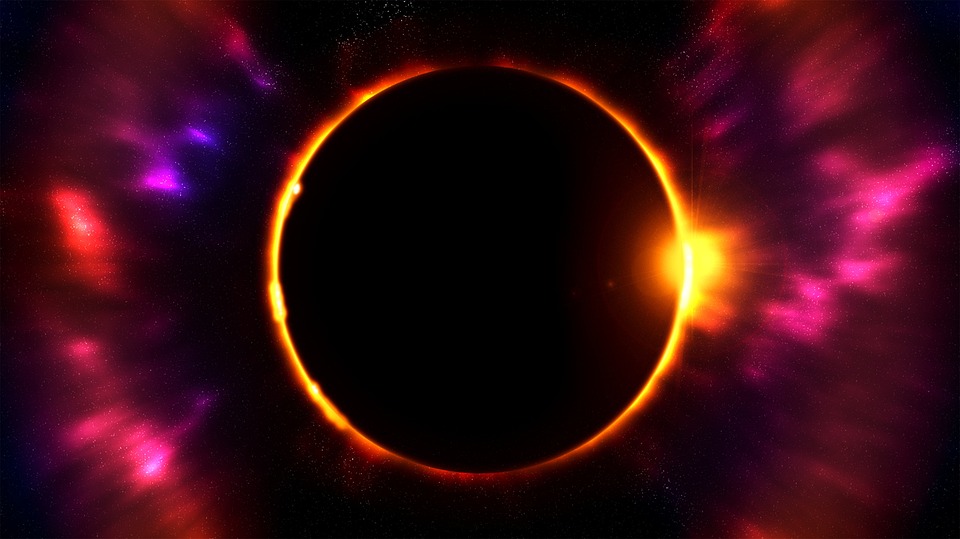Solar eclipses have long been a source of fascination and awe for humans, with their rare and spectacular occurrences capturing the imagination of people across cultures and centuries. While the path of totality, where the eclipse is visible in its entirety, is often the focal point of attention, there is more to solar eclipses than just their astronomical significance. In this article, we will delve into the mystical and cultural significance of solar eclipses, exploring their symbolism, mythological associations, and the various ways in which they have been perceived and celebrated throughout history.
Astronomical Significance of Solar Eclipses
A solar eclipse occurs when the Moon passes directly between the Earth and the Sun, blocking the Sun’s light and casting a shadow on the Earth. There are three types of solar eclipses: partial, annular, and total. The path of totality, where the eclipse is visible in its entirety, is usually about 100 miles wide and covers a specific region of the Earth. The rarity and uniqueness of solar eclipses have made them a significant event in the astronomical calendar.
Mystical and Cultural Significance of Solar Eclipses
Solar eclipses have been imbued with mystical and cultural significance across various cultures and civilizations. In many ancient cultures, solar eclipses were seen as omens or harbingers of significant events, such as the birth or death of a king, or the onset of a natural disaster. The sudden disappearance of the Sun’s light was often interpreted as a sign of the divine or supernatural.
In ancient Greece, solar eclipses were associated with the myth of the sun god Apollo, who was said to have been temporarily overpowered by the monster Typhon. In ancient China, solar eclipses were believed to occur when a dragon swallowed the Sun, while in ancient India, they were seen as a sign of the cosmic dance between the Sun and the Moon.
Spiritual and Philosophical Significance of Solar Eclipses
Solar eclipses have also been imbued with spiritual and philosophical significance. In many spiritual traditions, the eclipse is seen as a symbol of the unity and interconnectedness of all things. The temporary darkness that occurs during an eclipse is often interpreted as a reminder of the impermanence and transient nature of life.
In some indigenous cultures, solar eclipses are seen as a time of spiritual renewal and transformation, when the veil between the physical and spiritual worlds is at its thinnest. The eclipse is often associated with the concept of the “thin place,” where the boundaries between different realms and dimensions are blurred.
Celebrating Solar Eclipses Across Cultures
Solar eclipses have been celebrated and commemorated across cultures and throughout history. In ancient Mesopotamia, solar eclipses were marked with rituals and ceremonies to appease the gods. In ancient Egypt, solar eclipses were celebrated with festivals and processions to honor the sun god Ra.
In modern times, solar eclipses continue to be celebrated and observed with great enthusiasm. The path of totality is often flooded with tourists and astronomy enthusiasts, who gather to witness the spectacle and experience the awe-inspiring beauty of the eclipse. The event is also marked with cultural festivals, music concerts, and spiritual gatherings, which reflect the diverse and multifaceted significance of solar eclipses.
Conclusion
Solar eclipses are more than just rare astronomical events; they hold a deep and profound significance that transcends their scientific explanation. From their mystical and cultural associations to their spiritual and philosophical connotations, solar eclipses continue to inspire and captivate humans across cultures and centuries. As we gaze upon the spectacle of a solar eclipse, we are reminded of the awe-inspiring beauty and mystery of the universe, and the intricate web of meanings and symbolism that underlies our human experience.


Leave a Reply